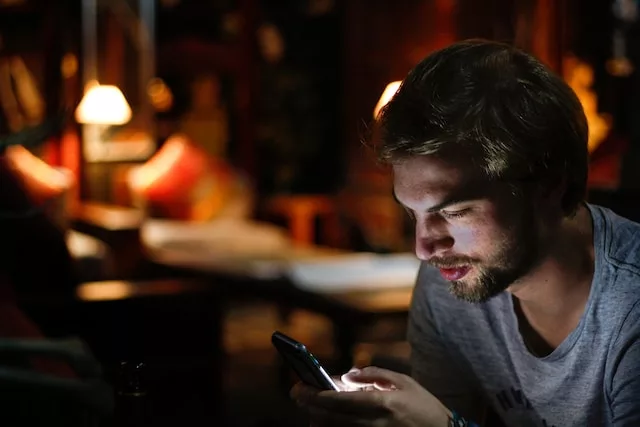The fear of missing out in young people has been linked to increased smartphone addiction. Increased smartphone use, in turn, has been linked to sleep difficulties and learning burnout, which is explored in more depth in the attached study. Probably, this phenomenon in various forms can also be extrapolated to people of all age groups.
The apprehension that one is either unaware of or missing out on information, experiences, decisions, or information that could improve one’s life is known as fear of missing out (FOMO). In addition, FOMO is linked to a fear of regret, which can cause people to worry that they might miss out on an opportunity for social interaction, a novel experience, an event that will stay with them forever, a profitable investment, or the comfort of those they love and who love them back. It is portrayed by a craving to remain persistently associated with what others are doing and can be depicted as the trepidation that choosing not to take an interest is some unacceptable decision.
Recent technological advancements have contributed to an increase in FOMO. Numerous opportunities for FOMO are created by social networking sites. While it gives open doors to social commitment, it offers a view into an unending stream of activitiesin which an individual isn’t involved. FOMO can result from psychological dependence on social media or even pathological internet use. FOMO is also present in investing, business marketing, video games, and video games.

